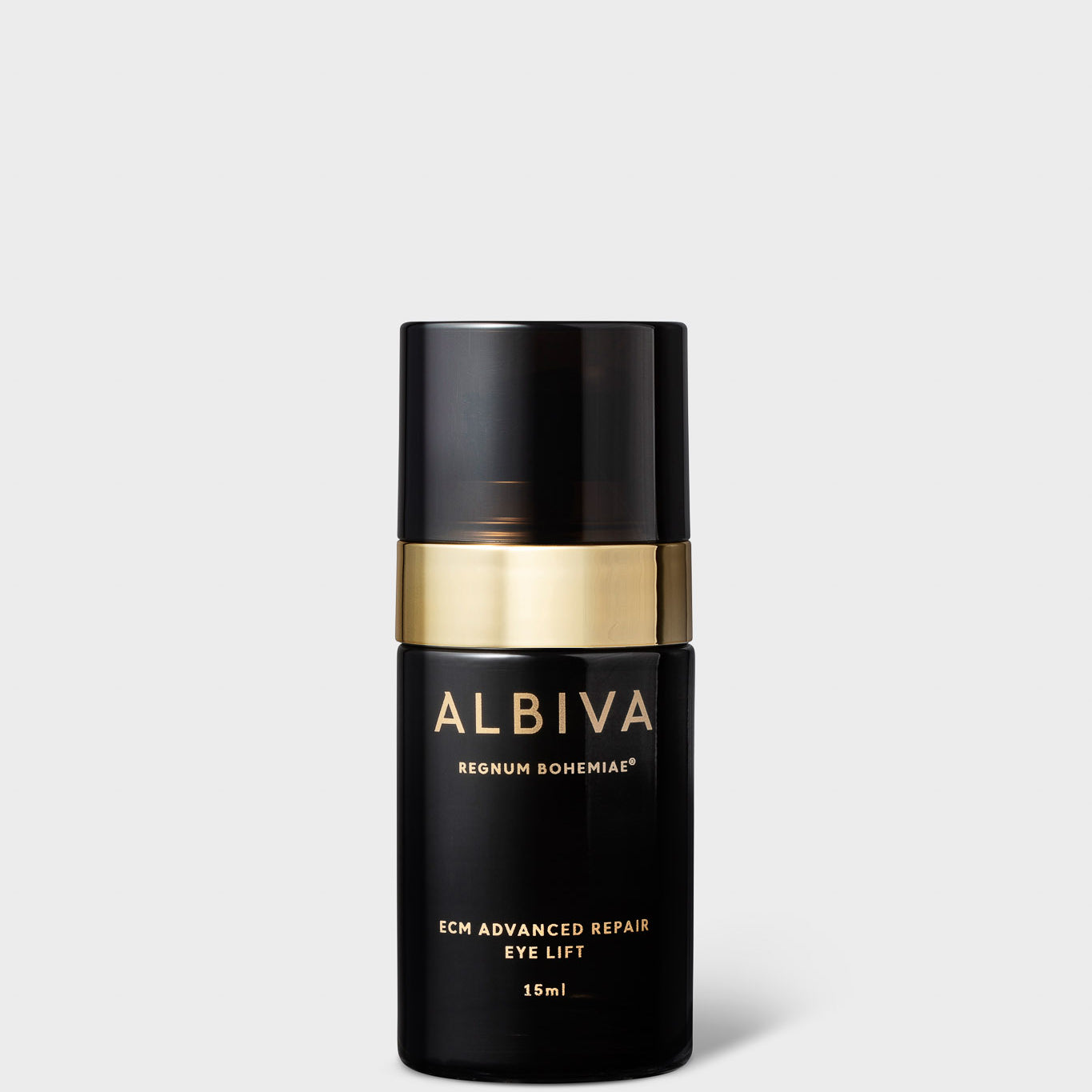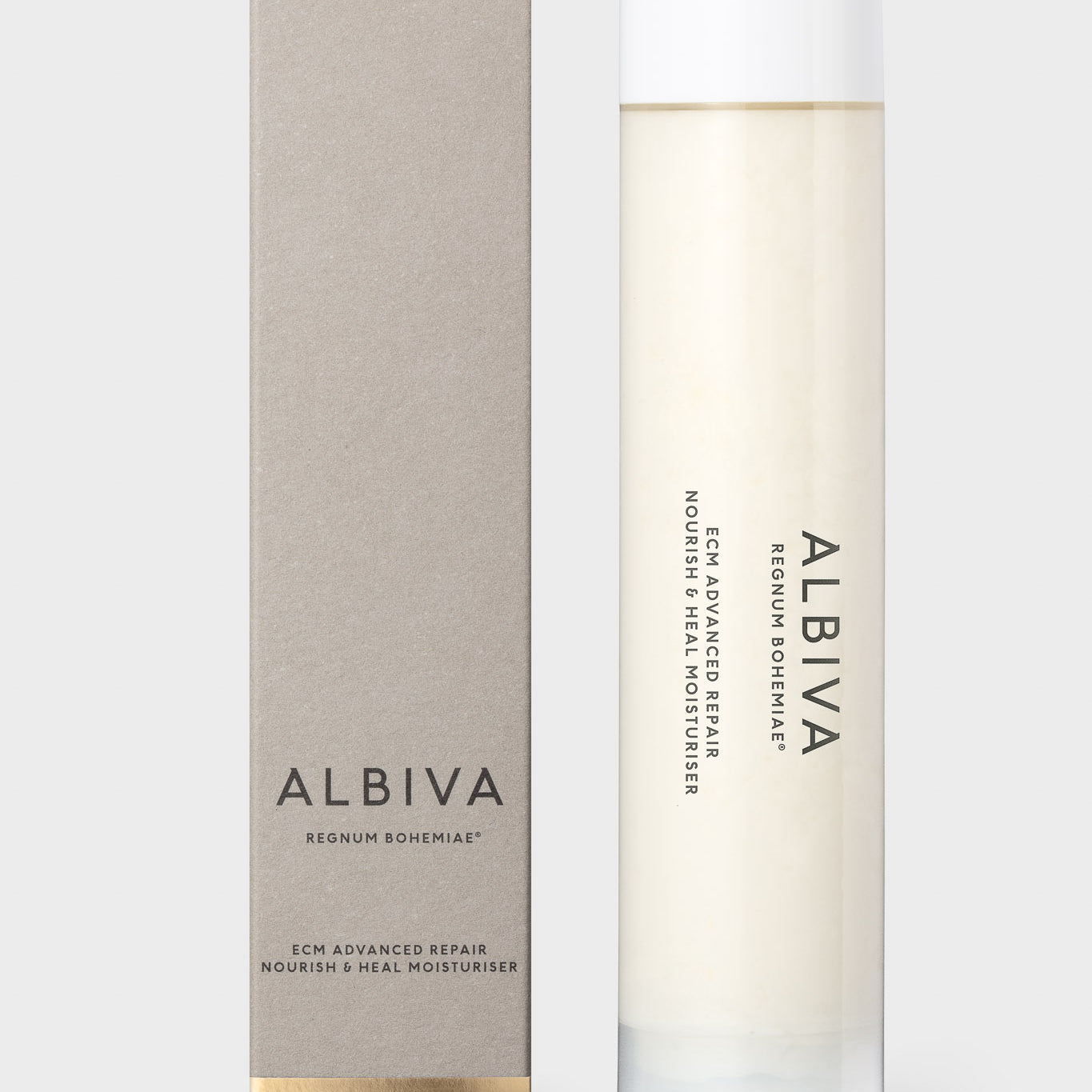How stress affects our skin health.

There’s no question that, as a nation, we’re more stressed and anxious than ever. According to the Mental Health Foundation 74% of UK adults describe themselves as ‘overwhelmed, or unable to cope’.
But did you know stress has a direct impact on your skin? Our skin reacts to the stress by activating the endocrine and immune systems, negatively impacting the skin health. When our cortisol levels go up, it prompts our skin to produce excess sebum. The excess oil can clog the pores and cause inflammation, which can lead to acne and other skin problems.
Cortisol is also a natural enemy of collagen, breaking it down. It can also interfere with would healing, the skin’s barrier function, prevents the skin from repairing itself and many associate raised levels of cortisol with premature ageing.
In recent years, emerging research has clearly demonstrated the brain-skin connection.
The Mind-Skin Connection
The mind and skin are connected on many different levels.
In womb, the embryo differentiates into three types of tissue: endoderm (inside layer), mesoderm (middle layer) and the ectoderm (outside layer) which produces the skin and nervous system, so it comes as no surprise that the two remain closely connected in life.
Skin is the primary sensing organ for external stressors, including heat, cold, pain, and mechanical tension. Three classes of receptors (thermoreceptors for heat and cold, nociceptor for pain and mechanoreceptors for mechanical changes) are responsible for transmitting the outside signals to the spinal cord, and then to the brain. The brain responds to these signals, which in turn influence the stress responses in the skin. Stress conditions apply their effects to skin mainly through the HPA axis (hypothalamic-pituitary-adrenal) by secreting stress hormones, such as cortisol.
However, the interactions between your skin and brain are not just one way, there is a two-way conversation between the two.
The skin has a developed and fully functional peripheral HPA systemwhere the stress hormones, and their receptors are produced in skin cells.
The keratinocytes in the skin can release stress hormones, such as cortisol, CRH, and ACTH, as well as neurotransmitters and neurotrophins. Skin cells also have receptors for these molecules. This helps the skin to work independently, to sense and react to the environment, including temperature, injuries, pH, and humidity.
The skin contains a plethora of nerve endings that are in constant contact with the brain. Through the cutaneous nerve endings, skin receives hormones, neurotransmitters and neuropeptides from the Central Nervous System, however these are also produced locally a part of the skin’s neuroendocrine systems.
The mind-body connection has been a topic discussed for centuries. Eastern healing practices, such as traditional Chinese medicine and Ayurvedic medicine highlight the interdependence between the mind and the body. In Western medicine we lost this connection, focusing instead on philosophies that treated the body as a separate entity from the mind. It’s only been in the past several decades that we’ve seen the resurgence of mind-body awareness in medicine and new fields such as ‘psychodermatology’ (a field that addresses the impact of an individual's emotion as it relates to the skin) are becoming popular.
A holistic approach to skin health.
At Albiva we emphasize a holistic approach to achieve healthy, glowing skin.
If you're suddenly battling breakouts and can't figure out why, you might want to check in with your stress levels.
Helping the mind help the skin. Our tips to mitigate stress:
Diet - Start by consuming a healthy, plant-based, colorful diet that provides the essential nutrients and phytochemicals to maintain your overall health and wellbeing. Key nutrients for your skin and nervous system include:
- B-vitamins
- Copper
- Essential fatty acids (especially omega-3)
- Iron
- Protein
- Selenium
- Support for glutathione
- Vitamin A
- Vitamin C
- Vitamin D
- Vitamin E
- Zinc
Herbs that may help with stress and support the adrenals include rhodalia, chamomile, lemon balm, ginseng, ginkgo biloba, passionflower, lavender, the adaptogen ashwagandha and my grandmother Albina’s favourite, St John’s Wort which you can find in our products.
For many people, skincare is a form of self-care, so if you find that your routine helps relax you, you might want to keep at it, even when you're feeling extra stressed.
Nature heals. Did you know that even 20 minutes in nature can lower cortisol (stress hormone) levels?
As of today there is no proven medical treatment that can either prevent or treat stress-induced or exacerbated skin conditions or skin ageing.
However, we believe connecting with nature, reducing your stress levels through self-care, meditation, good sleep and diet is a good start. Would you agree?
Sources:
Brain-Skin Connection: Stress, Inflammatin and Skin Aging by Ying Chen and John Lyga, available at NCBI (US National Library of Medicine)
Recognising the mind-skin connection; Harvard Health Publishing Harvard Medical School
The brain in your skin, Dr Deanna Minich, www.deannaminich.com
Photo credit: IG @as_it_is





